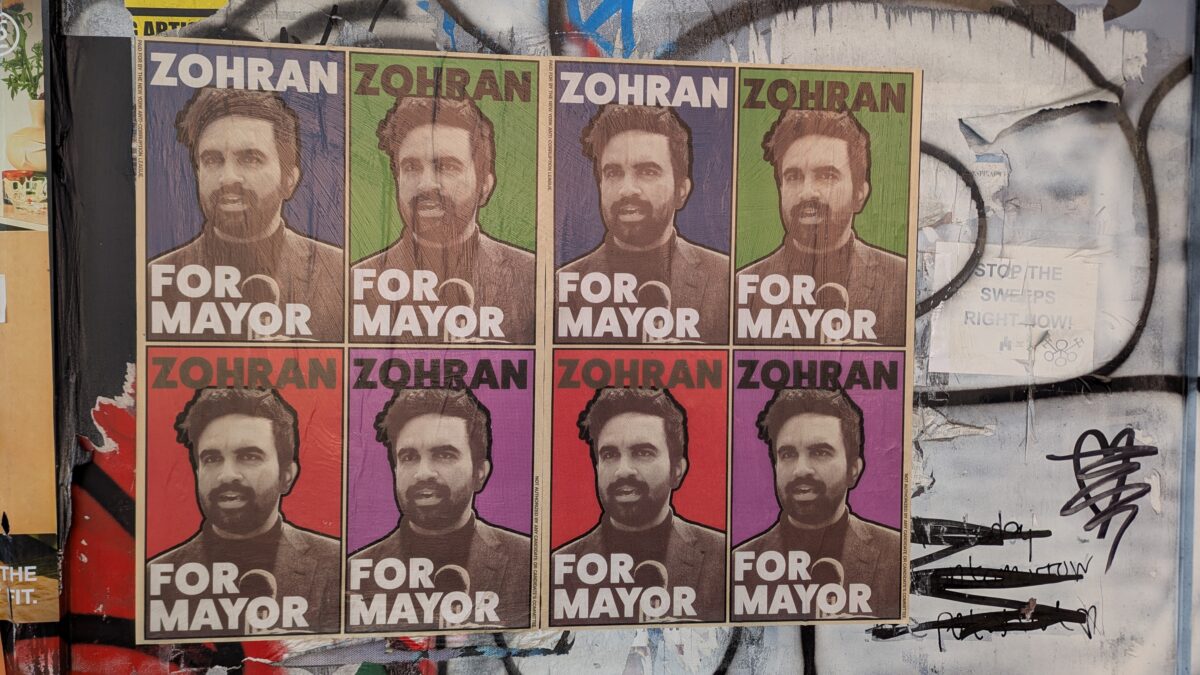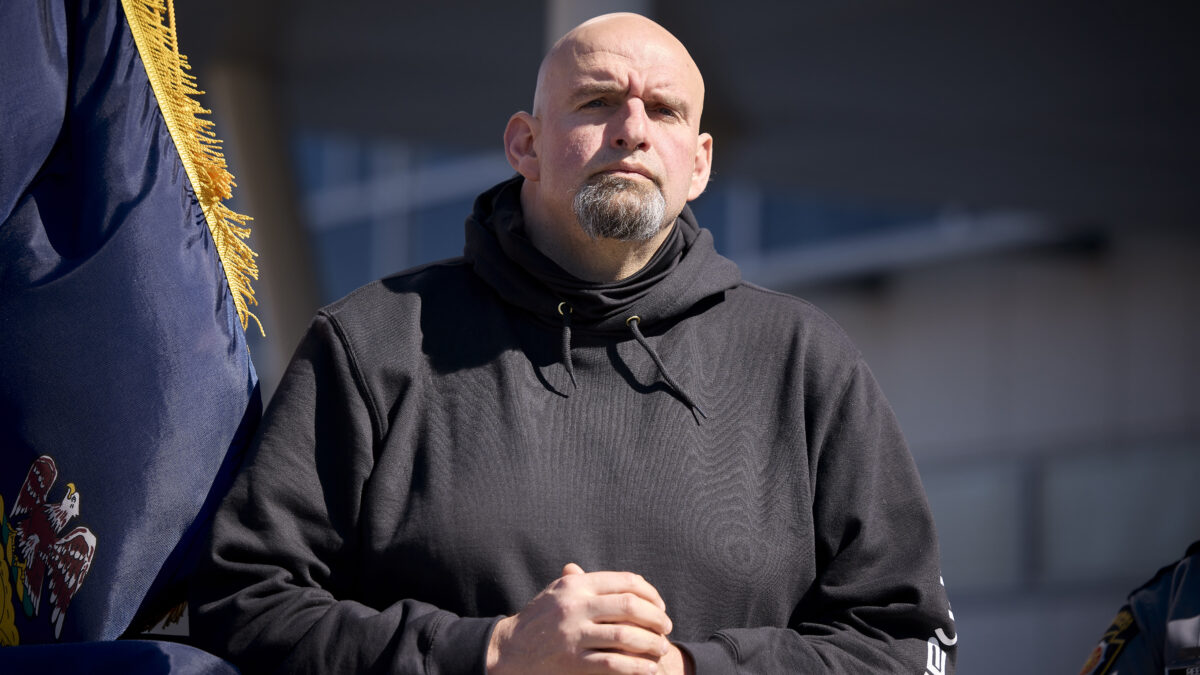In an administration that has consistently made bad decisions, the student debt cancellation plan, with the possible exception of the disastrous cut-and-run withdrawal from Afghanistan, may be the worst.
The President is marketing the scheme as a plan to help low- and middle-income Americans. Only in the minds of liberals do families making up to $250,000 qualify as low- and middle-income.
Certainly, the plan will help some families in those income groups. The choice of words is part of the sales job and political gamesmanship. The president ignores that others who have graduate degrees and stand to make significant income will also have their student loans canceled. More importantly, low- and middle-income Americans with debt from starting businesses will receive no help.
READ MORE — Andy Bloom: Gas prices go up, gas prices come down
Student debt cancellation is unnecessary. Help is available through current, although not widely publicized, federal programs called Income Based Repayment (IBR) that help those who have difficulties repaying student loans.
- Pay As You Earn (PAYE) – Participants can have 10% of discretionary income withheld from their paychecks and take up to 20 years to repay their loans.
- Government and non-profit sector employees may qualify for the Public Service Loan Forgiveness Program. After ten years of work and making payments, participants may be eligible for loan forgiveness.
Then there are the plan’s economic and moral aspects. Both are bad. What is Biden telling people if signing a contract no longer means anything, at least for his preferred groups?
The administration also admits it has no idea how many people will apply for the debt relief. Nobody knows what this plan will cost. The White House estimates the scheme will cost $240 billion – wiping out all the deficit reduction from its “Inflation Reduction Act” of the week before.
The non-partisan Penn Wharton Budget Model suggests the program will more than double that at $600 billion and could cost up to $980 billion over ten years.
It’s not the conservative media warning that the student debt cancellation is inflationary. The biggest names from the Obama economic team have given the plan the thumbs down.
Lawrence Summers, President Obama’s Treasury Secretary and the Director of the National Economic Council under President Clinton tweeted: “Student loan debt relief is spending that raises demand and increases inflation. It consumes resources that could be better used helping those who did not, for whatever reason, have the chance to attend college. It will also tend to be inflationary by raising tuitions.” Summers warned Biden what would happen if he insisted on passing the $1.9 trillion Covid relief bill. Biden didn’t listen then. Summers will be right again about student debt cancellation.
Obama’s chair of the Council of Economic Advisers made a series of Tweets and press statements against the plan, also saying it would cause inflation.
Then there are the legal issues.
The Constitution is the big hurdle. I’m not a constitutional authority, but I believe the Supreme Court will toss out Biden’s plan because Article I, Section 8, Clause 1 of the U.S. Constitution gives Congress the power of the purse.
Article I, Section 8, Clause 1: “The Congress shall have power To lay and collect Taxes, Duties, Imposts, and Excises, to pay the Debts and provide for the common Defence and general Welfare of the United States; but all Duties, Imposts, and Excises shall be uniform throughout the United States.”
The Supreme Court overturned the line-item veto after Congress gave that power to President Clinton in 1996 precisely because it violated the separation of powers. In a concurring opinion, Justice Anthony Kennedy wrote that the line-item veto would “enhance the president’s power to reward one group and punish another, to help one set of taxpayers and hurt another.”
The White House argues that the authority to spend the money to cancel student debt isn’t by executive order. In the search for legal authority, the administration looks to the 2003 HEROS Act (Higher Education Relief Opportunities for Students).
In 2003, Congress sought to provide student loan relief to those serving in the military. The legislation, signed into law by President George W. Bush, did, however, include a provision including “national emergency.”
The HEROS Act was important new legislation as I went to Capitol Hill in 2003. It specifies “individual,” and the primary intent was to help people serving in the military during wartime.
Student loan cancellation is unnecessary because there are programs that help those having difficulty paying. The plan is not only unfair to everyone who has paid their college debt, but it is also unfair to anybody who pays a business loan, a mortgage, or honors a contract.
The recent CDC action neuters the use of the HEROS Act entirely.
On Aug. 11, eleven days before Biden announced his student debt cancellation plan, the CDC issued new Covid guidelines, ending its most restrictive policies. That Biden could stand in front of voters with a straight face and suggest writing a blank check due to the Covid emergency may be the most impressive accomplishment of his presidency.
Even if the CDC hadn’t, for all practical purposes, ended the emergency phase of Covid, it seems unlikely that the plan could survive a Supreme Court challenge.
Recent Supreme Court decisions have gone against executive-branch actions not explicitly granted by Congress. For example, the Supreme Court sent liberals into a tailspin when it ruled that the EPA overstepped its authority by regulating greenhouse emissions. Clearly, this Court believes executive-branch agencies cannot use broad interpretations to make whatever policy decisions it likes.
It’s never wise to predict what the United States Supreme Court will do. But I’m confident this Court, with many “originalist” thinkers, will find the student loan cancellation program a combination of a violation of Article 1, Section 8, Clause 1, the separation of powers, and an overreach by the Department of Education, or perhaps all of the above.
The Covid emergency is over. Student loan cancellation is unnecessary because there are programs that help those having difficulty paying. The plan is not only unfair to everyone who has paid their college debt, but it is also unfair to anybody who pays a business loan, a mortgage, or honors a contract. It teaches the wrong lesson about accountability, which weakens the nation. Most importantly, it violates the separation of powers in the Constitution and is an overreach of power by the Department of Education and by Biden. And that is how the United States Supreme Court will see it; bank on it.
Andy Bloom is president of Andy Bloom Communications. He specializes in media training and political communications. He has programmed legendary stations including WIP, WPHT and WYSP/Philadelphia, KLSX, Los Angeles and WCCO Minneapolis. He was Vice President Programming for Emmis International, Greater Media Inc. and Coleman Research. Andy also served as communications director for Rep. Michael R. Turner, R-Ohio. He can be reached by email at andy@andybloom.com or you can follow him on Twitter @AndyBloomCom.




Why not enable cancellation of student debt through legislation? The President’s party has a majority it both Houses of Congress. If the Administration cannot get a majority of its own members of Congress to agree, then perhaps the current approach to the issue is not acceptable.
In order to make it budget neutral then perhaps a one-time 1% tax on the reported balances of endowments of all colleges and universities could be enacted to fund it. Probably taxing the endowments of the Ivies alone could generate enough cash to do the trick.